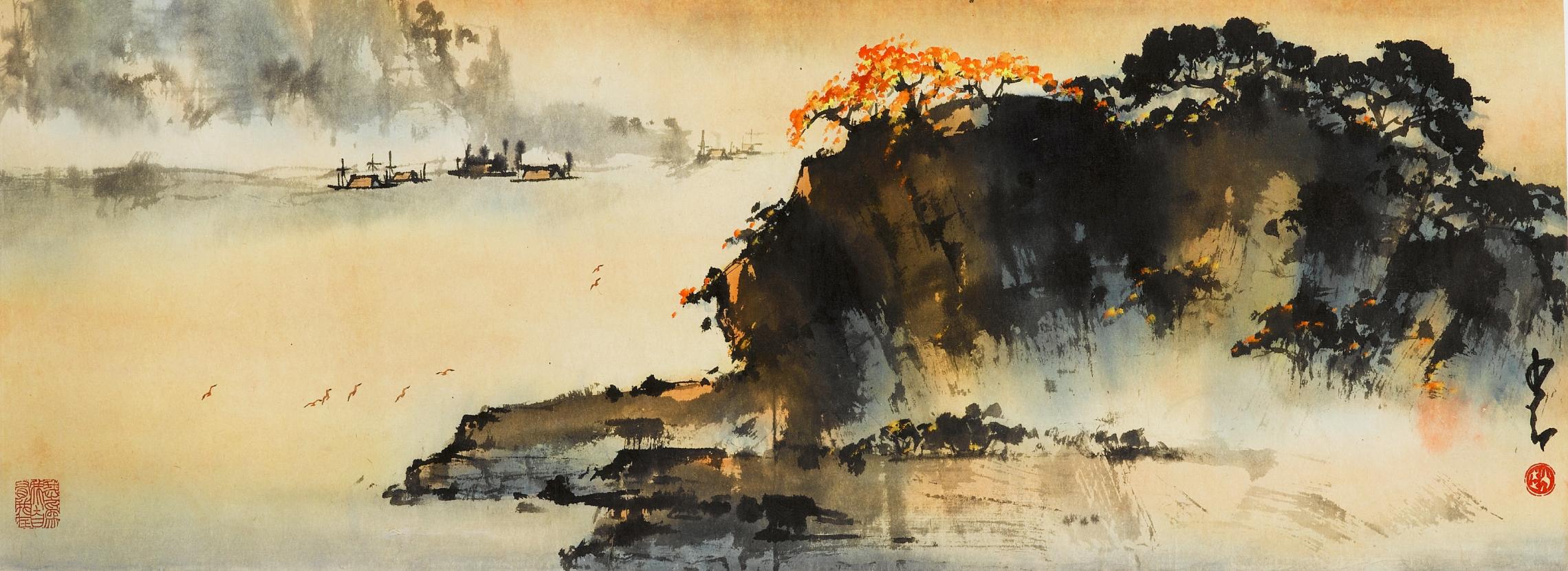Ideology and politics: lessons from China
The Chinese comrades give lessons of information literacy in the modern world. Not in the sense of computer technology and information controls society and, ultimately, establishes authority in the field of economy in the global world. Even religion, which before in Communist countries didn’t stand on ceremony, now regarded as an important field of public administration.

Recently, the head of the state Administration for religious Affairs Wang Zuo’an on the forum “Sinification of Christianity” in Shanghai said that Christian theology in Chinese territory must comply with national characteristics of China and to fit into the Chinese culture. Implying the compliance with religious doctrine the principles of a socialist state.
And although it’s still early to talk about results, the Chinese approach to the problem clearly indicates their understanding that any ideology, as long as it is rooted in the consciousness of society to manage better, not to fight it.
Christianity China regards as a religion introduced and alien to their culture. But as the number of Christians in China reaches into the tens of millions, and increases, not to pay attention to this part of society would be not far-sighted.
“Politics is the art of analysis, ability to carry out the function of power for the benefit of all”.
The struggle against the believers only increases their strength of faith. Therefore, China began to use the tactics of participation in these processes. To do this, use the slogan “Renaissance of the Chinese nation” that is at the forefront is the national idea.
The government has been trying to settle relations with Tibetan Buddhists. And experience has shown that the problem with believers is not solved by force.
As a result, for example, in 2007 there was a document “Guidelines on reincarnation of living Buddha of Tibetan Buddhism”. Since then the monks have to submit “application for reincarnation”, which is approved by the state agencies. The goal is to take control of the personnel policies of those in charge of the Tibetan Buddhists, and to limit the influence of the supporters of the current Dalai Lama, who advocate the separation of Tibet.
Religious disputes are often political interests, that is, the struggle for power and economy, and not differences on theological issues. The society is conservative in terms of its key characters, but these characters it managed.
Pragmatism as a competitive advantage
China pays attention to ideology and foreign policy. Due to that, he managed to get not bad results.
China is the biggest trading partner of Brazil, since 2003 the trade turnover between the countries increased by more than 10 times.
Latin America has always been considered the “patrimony” of the United States of America. It was not until recently. Now, the volume of foreign trade with Brazil, Chile and Peru, China surpassed the United States and continues to increase the advantage of making it without much advertising.
“…my point is not that you need to save the ideology, and that any of them has value in so far as it demonstrates its functionality in the social life”.
Foreign trade main trump of the Chinese ideology of pragmatism. “China does not export revolution, China doesn’t export hunger and poverty, China does not cause you a headache…” – so has formulated this position in 2009, the then Vice President of China, XI Jinping, alluding to a number of Western countries, obsessed with the idea of “exporting democracy”.
The export of any ideology always is the economy. The question is that one or the other ideology generates economic growth and well-being of society or the conflicts and crisis. This can be seen by the results.
Antonio Meneghetti book youth and the ethics “System and personality”, Publishing house “Ontopsychology”.
In the fourth edition of the book “System and personality” includes the lectures of Antonio Meneghetti, read in different countries from 1986 to 2010, addressed to the leading operators of economic and social development.
Politics is the art of analysis, ability to carry out the function of power for the benefit of all. “Policy” is the formal basis for the implementation of the General management of public business. It varies by application and methods of influence on a particular part of public Affairs: policy of financial, military, environmental, international, etc.
The ideology is born as good, as the solution of a historical “here and now” as the invention of a functional program; however, becoming fixed, once installed, it turns into a “killer” for political functions.

Under “ideology” I understand the way that is structured as a tool for social action. Faced with any problem, genius or leader is used to solve a certain module, a route, a schedule, i.e., a rational structure (for example, the law).
However, after some decision, the theory of ideology developed, it is not necessary to use always only them. The instruments are fixed in order to allow all the solution but at this stage the tool which in one case was helpful, the other may be destructive. There is no single ideology is capable of being stable support, guarantee the society life in order.
That’s why my thesis is not that you need to save the ideology, and that any of them has value in so far as it demonstrates its functionality in the social life. The policy is consistent with the above definition, it should always be free from any ideology, so that each time the most effectively to respond to the manifestations of life in itself, unique to this unique historical context.
In this case, policies should always be checked on the “here and now” historical Givens, that is, the funds of the Board shall always be ready to respond to functional demands.
